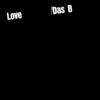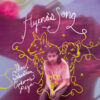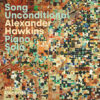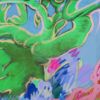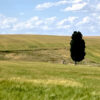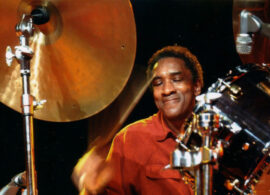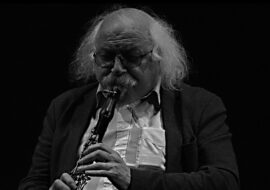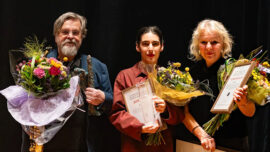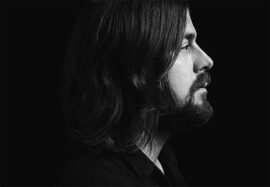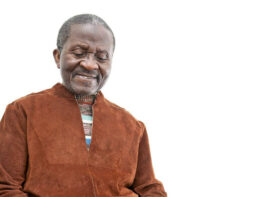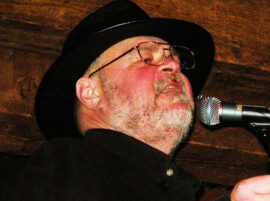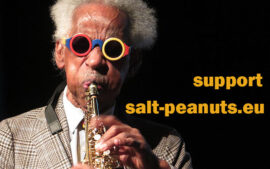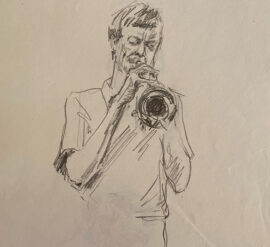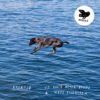
Norwegian guitarist Jo David Meyer Lysne is known as a virtuoso player, and Eilertsen is recognized as one of Europe’s leading jazz double bass players, but there’s not a lot of conventional guitar or bass to be heard on their sophomore album, «Kroksjø», titled after the Norwegian name for an oxbow lake, the kind of U-shaped lake that forms when the wide meander of a river is cut off. The duo debut album, «Meander» (Øra Fonogram, 2017), was inspired by the mountainous Nordic landscape close to Filefjell in south-western Norway, where Meyer Lysne’s grandfather has a cabin. «Kroksjø» takes the process a stage further by actually incorporating physical traces of the earlier recording into the later one.
The eight pieces of «Kroksjø» are titled after the names of oxbow lakes in Norway or of really tiny villages or places that have an oxbow lake nearby. The titles symbolize the working process of Meyer Lysne and Eilretsen, who were re-mixing «Meander» by scraping, cutting, and attaching small pieces of tape to the physical test-press vinyl of «Meander», then playing the vinyl back on a turntable, through multiple amplifiers in a big room. Later, the duo added new sounds and improvisations to the short loops from the re-mixed «Meander», subjecting the process to random procedures (oblique strategies as Brien Eno called it), just like the oxbow lakes that silt up or wash away.
«Kroksjø» suggests a dream-state atmosphere, enigmatic and poetic, clearly referencing early meditative-psychedelic organ-drones of Terry Riley, the ambient music of Eno, or the experimental spacey guitar textures of Steve Tibbets on his ECM records, but with totally fresh sounds and with great focus on detail and sound quality. The unique sonic envelope was captured by sound engineer Peder Simonsen in Studio Paradiso in Oslo, and mixing engineer Jørgen Træen in Bergen, both contributed sounds produced by modular synths. These beautiful, meditative soundscapes sound as out of time and place, surprising with the vintage-like inventions, seductive broken beats, and turntable glitches.
Meyer Lysne, credited as the composer, and Eilretsen wanted «Kroksjø» to be a metaphor for their partnership and the fragility of artistic creation. «Kroksjø» may be also a prophetic comment on our peculiar times, where our sense of time is blurred, but at the same time, we begin to grasp details, memories, scenes and sounds in new manners.
Eyal Hareuveni
Jo David Meyer Lysne (turntable, synth, pedal steel, g), Mats Eilertsen (b, eff), Peder Simonsen (modular synth), Jørgen Træen (modular synth)


